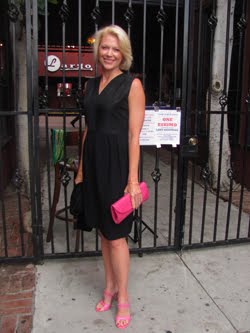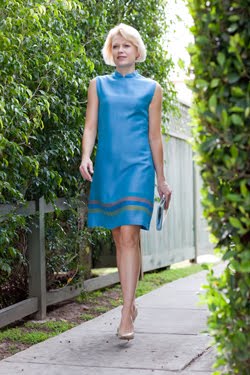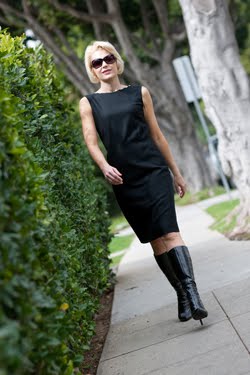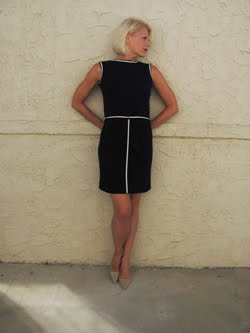I'm so excited to start my new online series Film Noir Style! This 4-part series accompanies and mirrors my non-fiction book Film Noir Style: The Killer 1940s. Like the book, the series will be divided into 4 parts:
Before the War 1940-1941
The War Years 1942-1945
The Year of Transition 1946
The Post-War Years 1947-1950
In the first webinar Before the War 1940-1941, I will present and discuss the historical context, the cinematic influences that contributed to the style of the film noir genre, and the style and impact of three movies from this period – The Maltese Falcon, I Wake Up Screaming, and The Shanghai Gesture (all 1941).
Sunday, October 18, 2020
Online via Zoom webinar
4 pm - 5:30 pm PT (7 pm - 8:30 pm ET)
Tickets $10 - register on Zoom
In 1941, Hollywood turned down a dark alley and began to explore stories of vice, corruption, and murder. Pictures featured tough leading men and mysterious women who were often very good at being bad. While navigating the impact of the Production Code and World War II, studio costume designers defined the style of the decade's crime thrillers and murder dramas, which would collectively become known as film noir. They transformed Hollywood's leading ladies into intrigantes and femme fatales - women who would do anything to get what they want.
The actors in film noir, led by Humphrey Bogart, set style standards for America in the way they wore suits, fedoras, and trench coats. And oh, the women - whether good or bad, they captured the imagination of the country and immediately began influencing fashion. Film noir made stars of young actresses like Lauren Bacall, Ava Gardner, Gene Tierney, and Marilyn Monroe and magnified the careers of Rita Hayworth, Barbara Stanwyck, Jane Greer, and Gloria Swanson. In all cases, costume design proved vital to their success. Historian Kimberly Truhler explores twenty definitive film noir titles and traces the intersection of film noir and popular fashion through the decade and beyond.
About the book...
In 1941, Hollywood turned down a dark alley and began to explore stories of vice, corruption, and murder. Pictures featured tough leading men and mysterious women who were often very good at being bad. While navigating the impact of the Production Code and World War II, studio costume designers defined the style of the decade's crime thrillers and murder dramas, which would collectively become known as film noir. They transformed Hollywood's leading ladies into intrigantes and femme fatales - women who would do anything to get what they want.
The actors in film noir, led by Humphrey Bogart, set style standards for America in the way they wore suits, fedoras, and trench coats. And oh, the women - whether good or bad, they captured the imagination of the country and immediately began influencing fashion. Film noir made stars of young actresses like Lauren Bacall, Ava Gardner, Gene Tierney, and Marilyn Monroe and magnified the careers of Rita Hayworth, Barbara Stanwyck, Jane Greer, and Gloria Swanson. In all cases, costume design proved vital to their success. Historian Kimberly Truhler explores twenty definitive film noir titles and traces the intersection of film noir and popular fashion through the decade and beyond.
The launch of the hardback book has been delayed until January 2021, but the e-book is available now. For those who can't wait to read the book or want both versions, you can purchase the Kindle version on Amazon.
Some of the 20 films that are featured in Film Noir Style -
both in the book and accompanying online series




















































































No comments:
Post a Comment